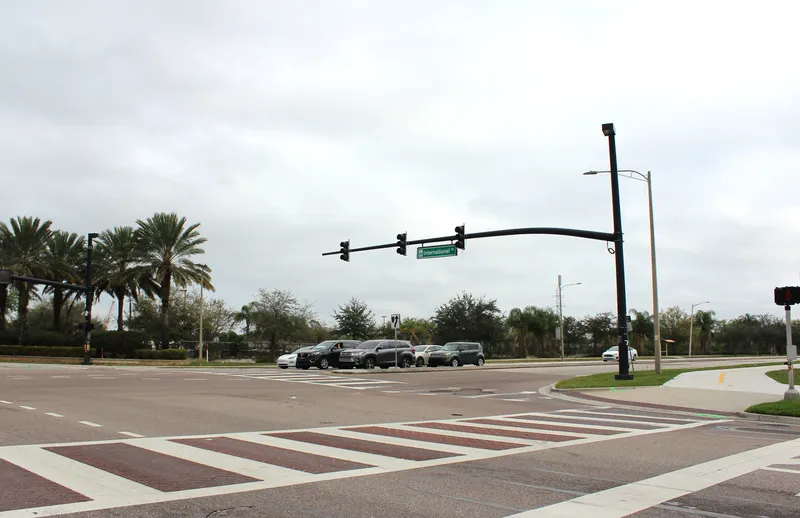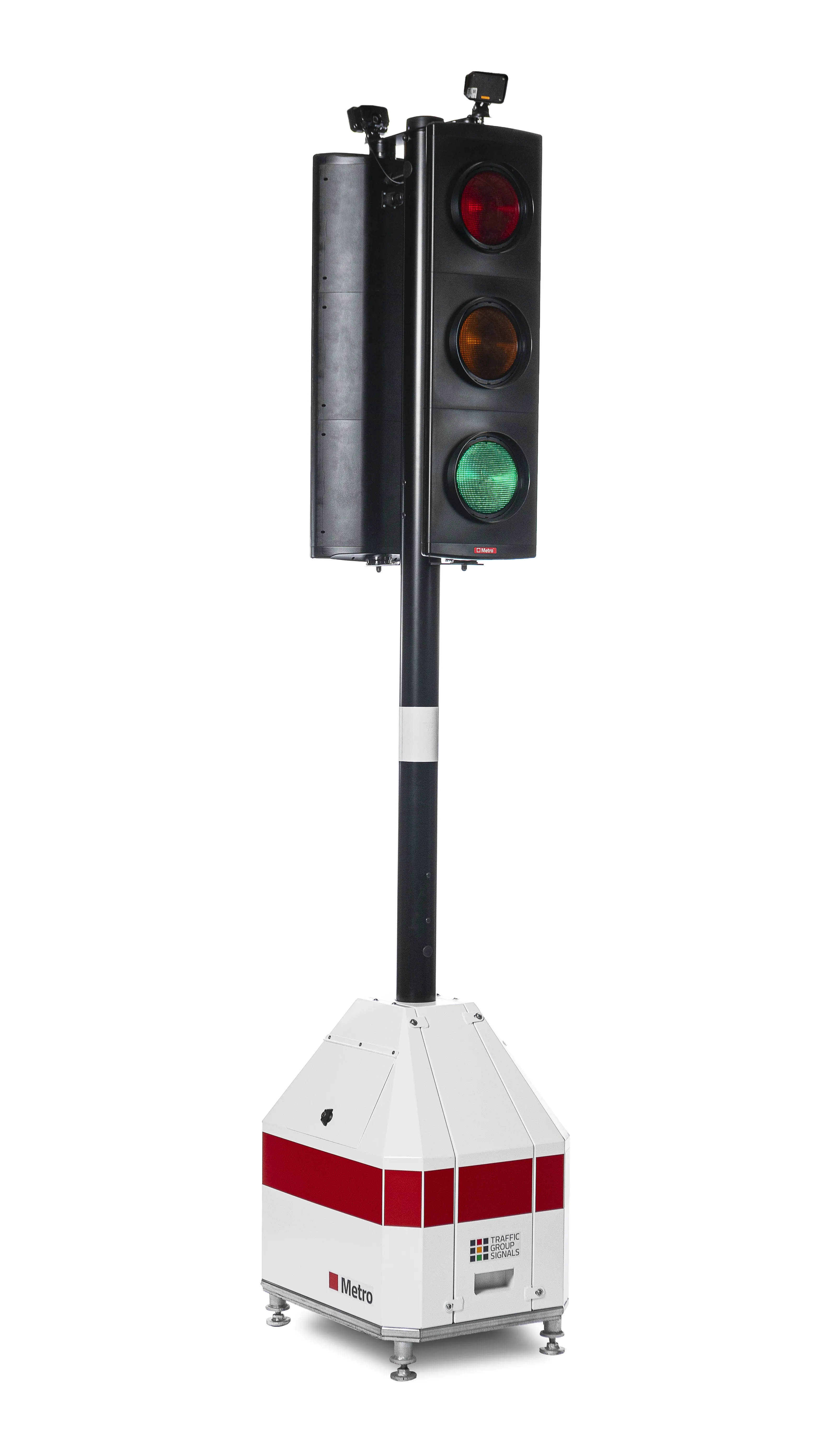
Q-Free has deployed its Maxtime adaptive traffic light control solution to improve traffic flow along a three-mile stretch of International Drive, a busy tourist corridor in Orlando, Florida.
I-Drive contains attractions such as Universal Studios, Sea World and Orange County Convention Center, with nearly 30,000 vehicles per day visiting.
Installed locally at the traffic controller, Maxtime automatically adjusts traffic signal timing in response to real-time demand, optimising local signal timing cycles at 15 intersections on I-Drive.
Q-Free says: "The unusually wide I-Drive corridor is problematic when dealing with pedestrian and vehicle safety and efficiency, leading to overly long wait times and cycle lengths that could cause potentially unsafe conditions."
"Maxtime offers powerful tools for standard and adaptive signal timing," says Thomas Montz, senior traffic operations engineer at Q-Free. "Leveraging these advanced features really allowed us to balance vehicle and pedestrian needs for this corridor.”









